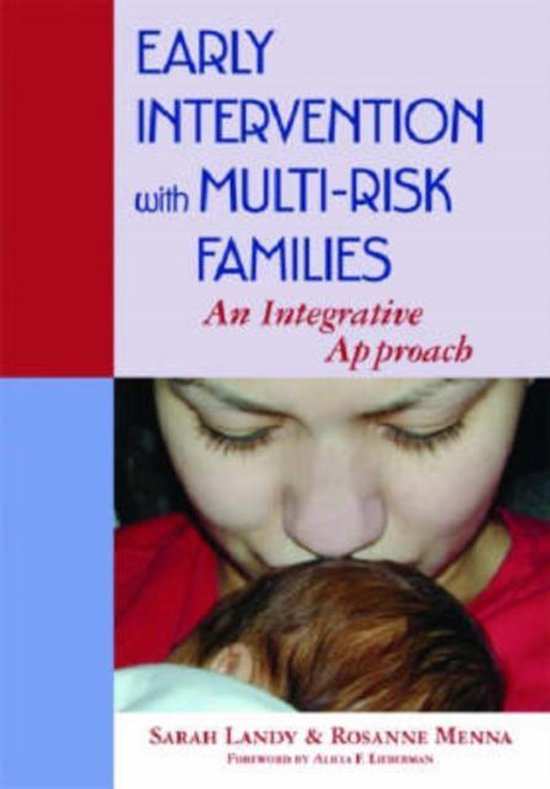
Early Intervention with Multi-risk Families
-
AuteurRoseanne Menna
- UitgeverijBrookes Publishing Co
- Jaar-
'Early Intervention with Multi-risk Families' by Roseanne Menna is a comprehensive guide that delves into the complexities of working with families facing multiple risk factors. This book provides a detailed exploration of early intervention strategies, offering insights into how professionals can effectively support these families. With a focus on practical solutions, Menna combines theoretical knowledge with real-world applications, making this an invaluable resource for social workers, educators, and healthcare professionals. The book's approach is both compassionate and evidence-based, ensuring that readers are equipped with the tools they need to make a meaningful difference in the lives of multi-risk families.
Spanning across various disciplines, the text covers topics such as child development, family dynamics, and the impact of socio-economic factors on family well-being. Menna's writing is accessible yet profound, making complex concepts understandable without oversimplifying the challenges these families face. The inclusion of case studies and practical examples enhances the book's relevance and applicability, providing readers with a clear understanding of how to implement early intervention strategies in diverse settings.
This book stands out for its holistic approach, addressing not only the immediate needs of multi-risk families but also the systemic issues that contribute to their challenges. It is a must-read for anyone committed to fostering resilience and positive outcomes in vulnerable populations. With its thorough research and empathetic perspective, 'Early Intervention with Multi-risk Families' is a pivotal work in the field of family support and early childhood intervention.